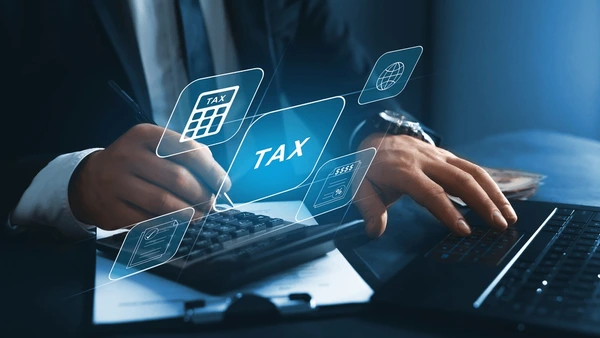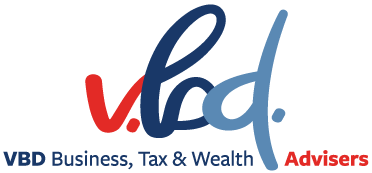
From 1 July 2025, businesses and individuals will no longer be able to claim a tax deduction for interest charges imposed by the Australian Taxation Office (ATO). This change is now law and applies to two main types of ATO interest: the General Interest Charge (GIC) and the Shortfall Interest Charge (SIC). The new rules apply even if the interest relates to earlier tax years or is part of a payment plan that continues past 1 July 2025.
What are GIC and SIC?
- General Interest Charge (GIC): This is interest the ATO charges when you pay your tax late. It is calculated daily on the amount you owe.
- Shortfall Interest Charge (SIC): This is an interest charge if the ATO finds you have underpaid your tax after reviewing your tax return. It applies from the date the tax was originally due until you pay the shortfall.
Why is this Happening?
The government’s aim is to encourage timely payment of tax debts and reduce the use of the ATO as a source of short-term finance. With rising interest rates, ATO interest is already an expensive way to borrow, and removing the deduction makes it even less attractive.
What Should You Do?
- Pay Tax Debts Promptly:
Avoiding ATO interest charges is now more important than ever. Paying your tax on time will help you avoid extra costs that you can no longer claim back. - Review Payment Plans:
If you have a payment plan with the ATO that extends beyond 1 July 2025, be aware that interest charged after this date will not be deductible. Consider paying off your debt sooner if possible. - Consider Refinancing:
If cash flow is tight, refinancing your business loans with a bank or lender may be a better option than relying on the ATO. Refinancing can help you:
- Secure a lower interest rate
- Extend your repayment period
- Consolidate multiple debts into one manageable payment
- Improve your cash flow
- Seek Remission Where Appropriate:
The ATO can sometimes reduce or cancel interest charges if you have a good reason, such as serious hardship or events outside your control. If you think you qualify, contact the ATO or your VBD adviser to discuss your options.
Next Steps
- Review your current and expected ATO debts.
- Talk to your VBD adviser about the best way to manage or refinance your debts.
- Act early to avoid unnecessary costs.
If you have questions or need help with your tax or business finance, please contact our office. We are here to help you navigate these changes and find the best solution for your business.
Authoritative Sources:
https://www.ato.gov.au/tax-rates-and-codes/shortfall-interest-charge-rates
General Advice Warning: The information provided is of a general nature only and has been prepared without taking into account your financial objectives, situation or needs. These should be considered before you act on any information considered in any article and you may want to seek independent professional advice before making a decision.
Liability limited by a scheme approved under Professional Standards Legislation
